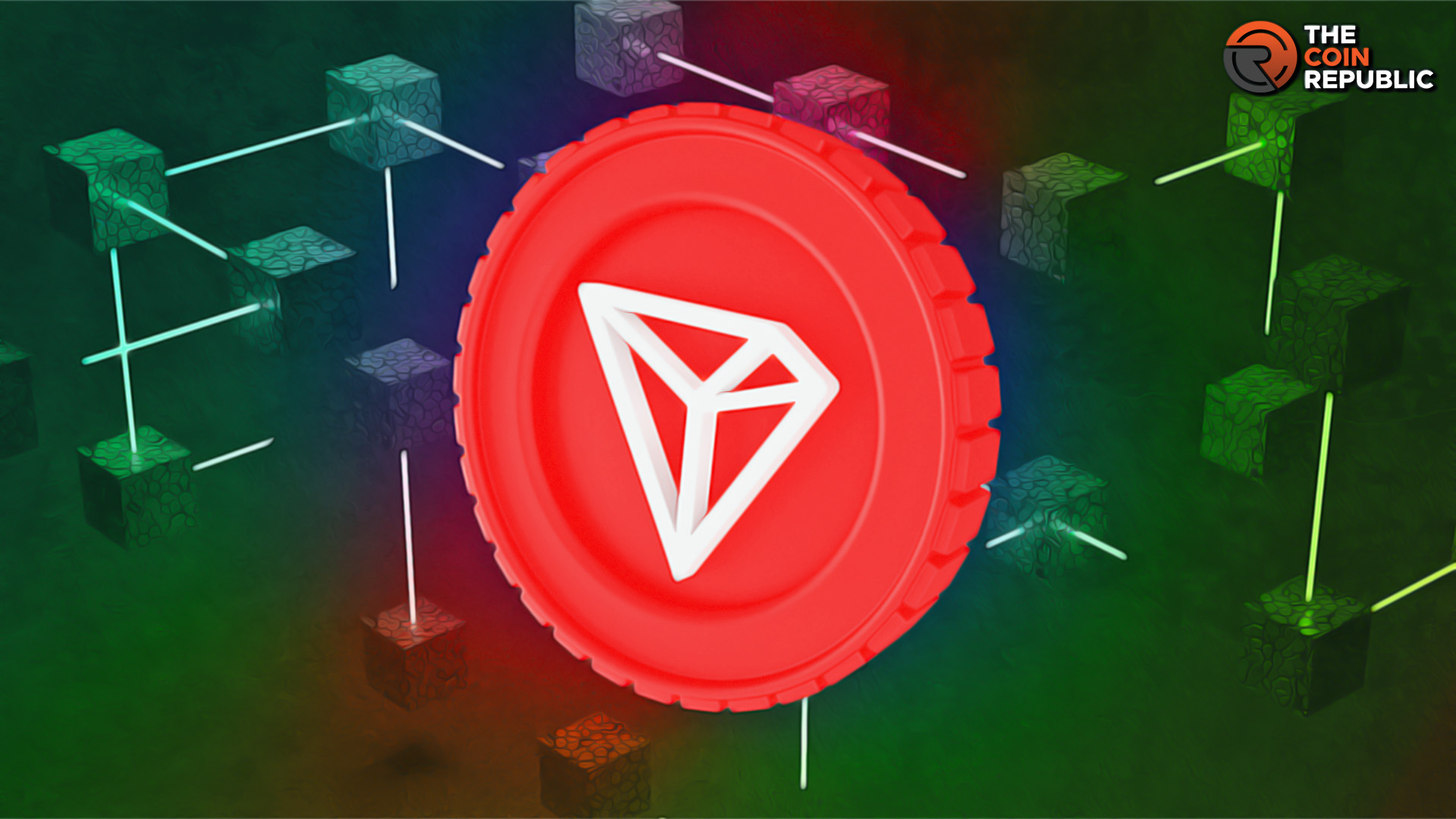
The Tron blockchain is a decentralized network that utilizes blockchain technology to generate and transfer digital assets and smart contracts without the need for prior approval or access control. At the heart of the Tron network is a delegated proof-of-stake (DPoS) consensus protocol, which allows for high transaction throughput and decentralization through community voting.
Tron has 27 Super Representative (SR) nodes that are responsible for producing and validating new blocks in the blockchain. These SRs are elected by TRX holders through voting for their preferred node candidates. In order to be eligible for election as an SR, potential candidates must meet certain technical specifications set by the Tron Foundation, such as running high-performance server hardware and maintaining a minimum token balance. Candidates are also required to pay a registration fee of 9999 TRX, which is refunded if they secure an SR position.
The community plays a crucial role in the election of SRs and holds them accountable. If an SR underperforms or acts maliciously, voters have the power to switch their votes to different candidates, automatically removing the underperforming SR from consensus participation. This mechanism ensures network security and alignment with user interests.
SR nodes have several responsibilities as Tron’s block producers and validators. They take turns generating new blocks containing pending transactions according to a predetermined block production schedule. SRs also vote to confirm the validity of blocks and transactions before adding them to the blockchain, providing consensus. Additionally, SRs contribute substantial bandwidth, storage space, and computing resources to support the operation of the blockchain and participate in platform governance by submitting and voting on proposals for technical upgrades or changes to the network.
SRs are rewarded for their block production activities in TRX, with their overall earnings proportional to the total votes they receive from the community. Voters who delegate their stake to particular SRs also receive TRX dividends, creating incentives for both parties. Contribution, proposal, and transaction fee rewards further supplement regular block provisions.
TRX holders can participate in the consensus process by voting for the SR candidates of their choice. Voting power is determined by the amount of TRX held by a user, with votes weighted based on proportional token share. To cast votes, TRX holders need to freeze their tokens, temporarily sacrificing liquidity in exchange for greater voting influence. Votes have an expiration period, requiring users to regularly recast their votes to maintain their influence.
Voting is of utmost importance in the Tron ecosystem as it enables decentralization by giving everyday users control over the consensus process. By voting for high-quality SRs, TRX holders enhance the performance, security, and integrity of the Tron network. Malicious actors can be eliminated by redirecting votes towards more trustworthy nodes. Voting also fosters competition among SR candidates, encouraging them to provide better service and value to the community.
Tron utilizes DPoS as its consensus algorithm, where the SR nodes elected by community voting are responsible for transaction validation and block production. This limited validator set enables high scalability and faster block generation. When an SR produces a new block, it is propagated to the rest of the network, and other SRs run consensus to verify its validity. If a supermajority of SRs approves the block, it is confirmed and added to the blockchain. This rapid cycle allows Tron to achieve a throughput capacity of up to 2,000 transactions per second.
Tron’s DPoS model combines the decentralization and security of proof-of-stake with the scalability of a limited validator set. User voting provides oversight over the consensus process, ensuring a democratic governance model. This hybrid approach allows Tron to be fast, efficient, and capable of mass adoption while maintaining a certain level of decentralization.
In conclusion, Tron’s delegated proof-of-stake consensus protocol and community voting mechanism enable it to function as a highly performant yet decentralized public blockchain. These components contribute to the security, integrity, and scalability of Tron, allowing it to support decentralized applications with fast and low-cost transactions. The governance of Tron ultimately lies in the hands of TRX voters, who select the nodes facilitating consensus and block production. Tron aims to evolve into a robust, voter-driven ecosystem by aligning incentives between SRs, voters, and the community.






